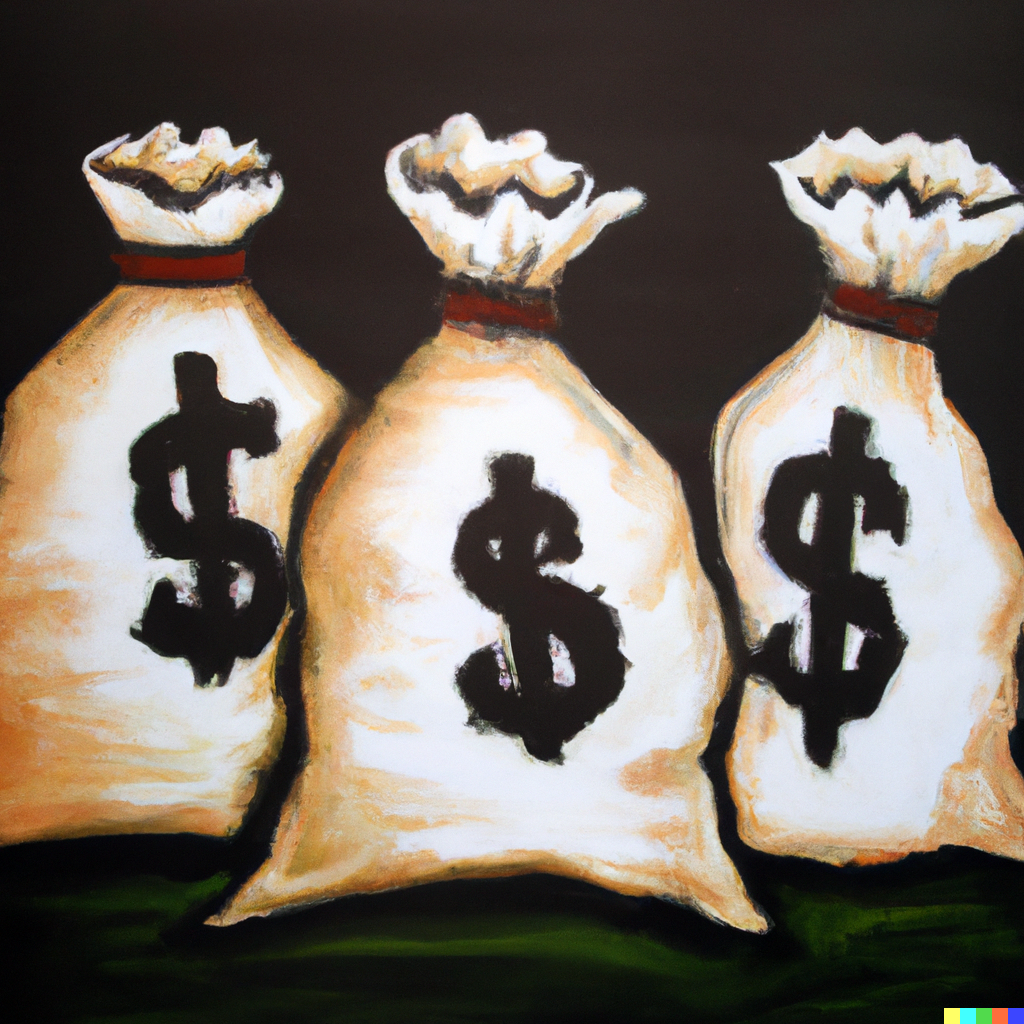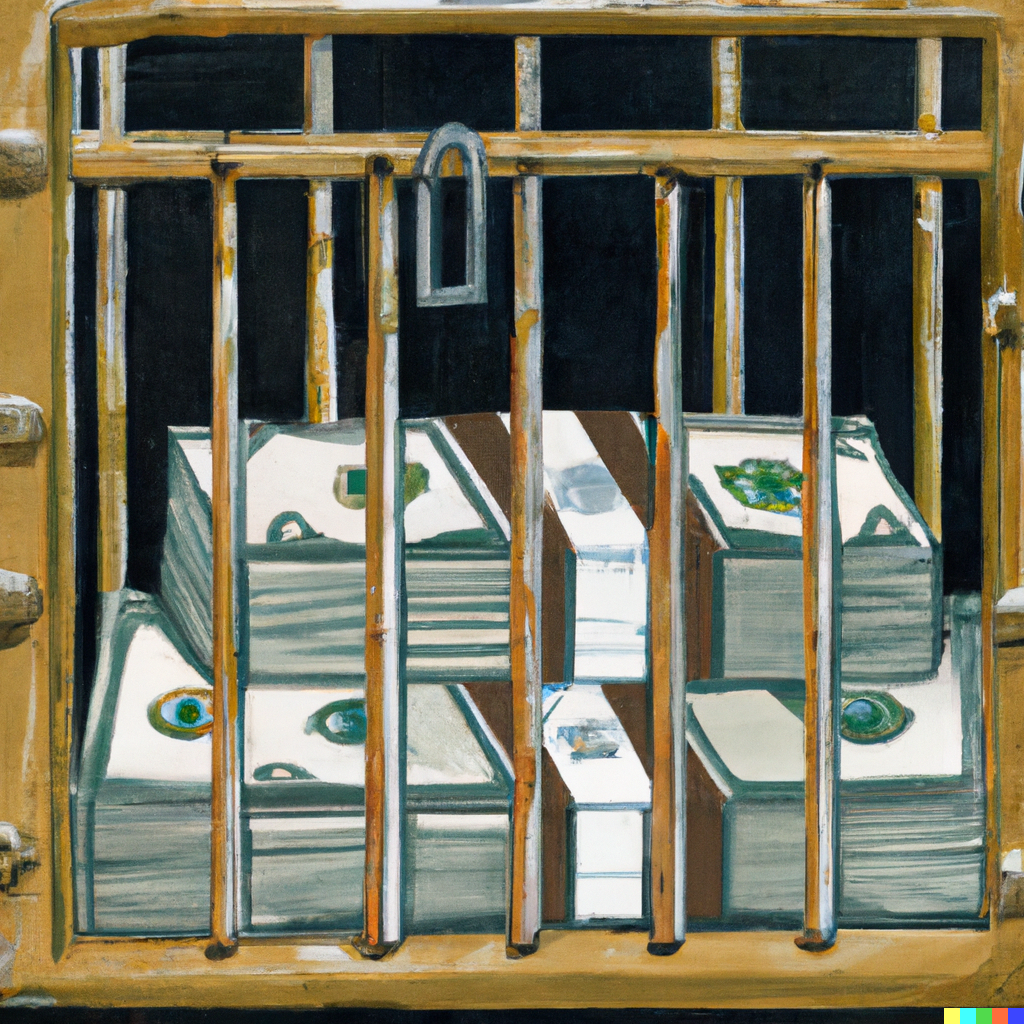Being a more effective political donor

There are many political donors who are far less effective than they should be. I'm not referring to those who toss a couple hundred dollars at a couple Congressional candidates every year, but those who consciously invest in politics in order to expand their own influence in the political process.
Many of these donors are unaware that they're not utilizing their contributions to their full potential. As a result, a lot of money is getting wasted.
It's not really their fault, because I bet nobody has told them this. For all they know they've been doing things just fine for years.
That's because if you're handing someone a check for thousands of dollars in the waning days of a campaign, they probably won't tell you "thanks, but here's some constructive criticism on your approach." Instead, they'll gleefully smile and express gratitude.
In many cases, these donors come from the business world. Politics is full of surprises and puzzles, but one that I've often found is the common failure of successful business people to apply their business acumen to their political investments. Despite their business successes, these donors struggle to utilize the same principles when investing in politics.
When I say "business acumen," I basically mean "the ability to maximize their investments" or "not waste money."

This is not to say that all donors have this issue (and it's also not to say that all donors are "businesspeople").
Probably 100% of people who have operated a business and have significant cash to toss at political campaigns are, by the nature of these two conditions, presumably competent business people (otherwise they wouldn't have the cash). However, I would estimate that not even half of them (in my experience) are maximizing the value of their political contributions.
The biggest mistake a donor can make, one that hurts both the donor and the campaign, is donating too late.
Just like in the private sector, the time value of money applies to campaigns. In business, a dollar today is worth more than a dollar tomorrow. In politics, a dollar given on the first day a candidate launches their campaign is worth significantly more than a dollar donated the week before the election. I could (and will) make the case that its probably worth 10x as much.
There are three reasons for this.
First, the more money a campaign has in the early days, the stronger the candidate will look to outside observers, which allows them to raise more money. If all goes well, they may even raise so much money that nobody wants to run against them, leaving them with a campaign that is much cheaper than it may have otherwise been.
I think most donors are aware of this fact, and so they try to donate early when it's pretty clear who their candidate is going to be. These are generally the donors who've learned how to maximize their effectiveness.
The second reason to donate early is that once a donor has made his contribution, a candidate doesn't need to spend time and energy chasing that money, and they can spend it chasing a different check.
The third reason is because every campaign has an expiration date: Election Day.
Let's pretend you run a business. You have an upcoming initiative that needs resources allocated to it; or you're planning a residential construction project; or you're projecting how many widgets you'll need to buy for the upcoming season.
In each case, you probably recognize that providing financial clarity far ahead of time will maximize the return of whatever it is you're trying to make money from.
Campaigns are very similar. Yet donors typically don't treat campaigns in the same way.
Imagine a developer or builder had an upcoming start date for a house. Instead of providing financial clarity months ahead of time, they instead do it 10 days ahead of time.
This happens in campaigns all the time and is frustrating for campaign professionals for a few reasons.
The main issue is that in California and now many other states, there is no "Election Day." There is an "Election Month," because ballots are mailed out weeks before the actual "Election Day."
If your check shows up before "Election Day", the campaign won't be able to influence the decision of the 50-60% of voters who have already mailed in their ballot and voted. So a check that shows up 10 days before Election Day is already worth 50-60% less than one that had showed up weeks earlier.
Despite the fact that California has had "Election Month" for years, many donors still focus in on "Election Day" as the deadline, rather than the day that ballots are mailed.
So now we have our check, which has already lost 50-60% of its value. Because it's just a few days before Election Day, the campaign is very limited in the ways it can spend that money. TV airtime is already bought up; you can't really print an additional mail piece fast enough to ensure it doesn't arrive the day after Election Day; everyone in the world is spending money on digital media, making inventory more expensive. The campaign will ultimately find a way to spend the money – but it's going to be very inefficiently spent, because all the efficient options are gone.
For example, one cycle, I was running an independent expenditure campaign in a high-profile race. It was a campaign that had been talked about for months. With about a week left, the campaign received a check for $50,000. It came in about an hour before the deadline to buy more airtime; had it come in any later, the only way to spend it would have been ramping up a digital media budget (which had already seen declining marginal returns), or sending out countless robocalls, which would have been virtually worthless.
By cutting off such a large number of ways to spend money, the check probably loses enough value to get down to 10% of what it could have been if it had arrived two months prior.
In business, an investment that immediately loses 90% of its value the moment the check is written is a bad investment, and the person making it would usually lose their job or their company.
The campaign will still want the money; even with 10% efficiency, it could be just enough to push a campaign over the edge in a close race. Sometimes, the donor knows this and they're willing to take a haircut on their money for a chance to be the hero.

There are likely a handful of reasons that explain why money comes in too late to campaigns:
- It's more fun having money than not having money, and once you write the check, you don't have the money anymore. So you hold onto it until the very last moment.
- The 30th plea from the candidate that says "We need you to donate now to get us across the finish line! You are our only hope!" finally works at the last minute.
- The fog of a campaign might make it difficult for a donor to ascertain which candidate is likely to win, which candidate is best on their issues, or whether the race is close enough to warrant a donation. The uncertainty generates hesitancy. However, this scenario is certainly the exception and not the rule. In most races, these questions have been answered long before ballots are mailed.
The common denominator in all of these cases is that the donor started their decision process too late. They did their due diligence too late; they gave in to the campaign's pleas too late; they opened their checkbook too late.
If I were a big political donor, rather than only an aspiring one, I would probably take the following approach:
- At least a year before the Election cycle started, I would evaluate which offices I needed to donate to. That might be because an incumbent you support is up for re-election and will need support, or it might be an open seat that could be the swing seat, or it's just a campaign you want to have an impact in.
- You should allocate an amount that you are willing to spend per seat, district, or campaign. This should be the maximum amount, so be liberal in your estimate.
- You should allocate an additional mount of "wild card" money, to plan for an evolving cycle that may offer surprises (but these surprises will all reveal themselves well before the ballots are mailed to voters). This should also be the maximum amount you'd be willing to spend in this category.
- Once you've finalized this business plan, you should donate the money to the assigned races basically as soon as you can, ideally in one single check. If you need to cash flow some of these donations, at least tell the campaign you'll commit to the full amount by a certain date.
- For the wild card money, if opportunities or challenges open up, then donate it as you see fit. But always try to do it at least 6 weeks from "Election Day", because that's basically the moment expenditure decisions have to start getting made and each day that passes beyond that reduces the value of a donation. If the campaign has a completely clear view of the budget, they'll be able to maximize their resources.
This approach would maximize your effectiveness, and essentially ensure each check you write to a campaign is worth 100% of its value.
Will there likely be a campaign that really does need an additional cash infusion at the end? Probably. And in that case, go ahead and donate; as long as you're comfortable knowing your money is far less valuable at that point than it would have been weeks prior, then go for it. But ideally that was a campaign that had already been on your list. If you were willing to give an amount more than what your list originally had, it means you didn't do as great of a job building out your plan as you could have. As a result, rather than that money coming in early, it came in late – when it was far less effective.
There might be certain aspects of this approach or article people disagree with, but it's driven entirely by one principle: If you asked any campaign if they'd prefer a budget of $100,000 fully funded 2 months before Election Day, or a budget of $100,000 funded up through Election Day, 100% of them will tell you the former.


Member discussion